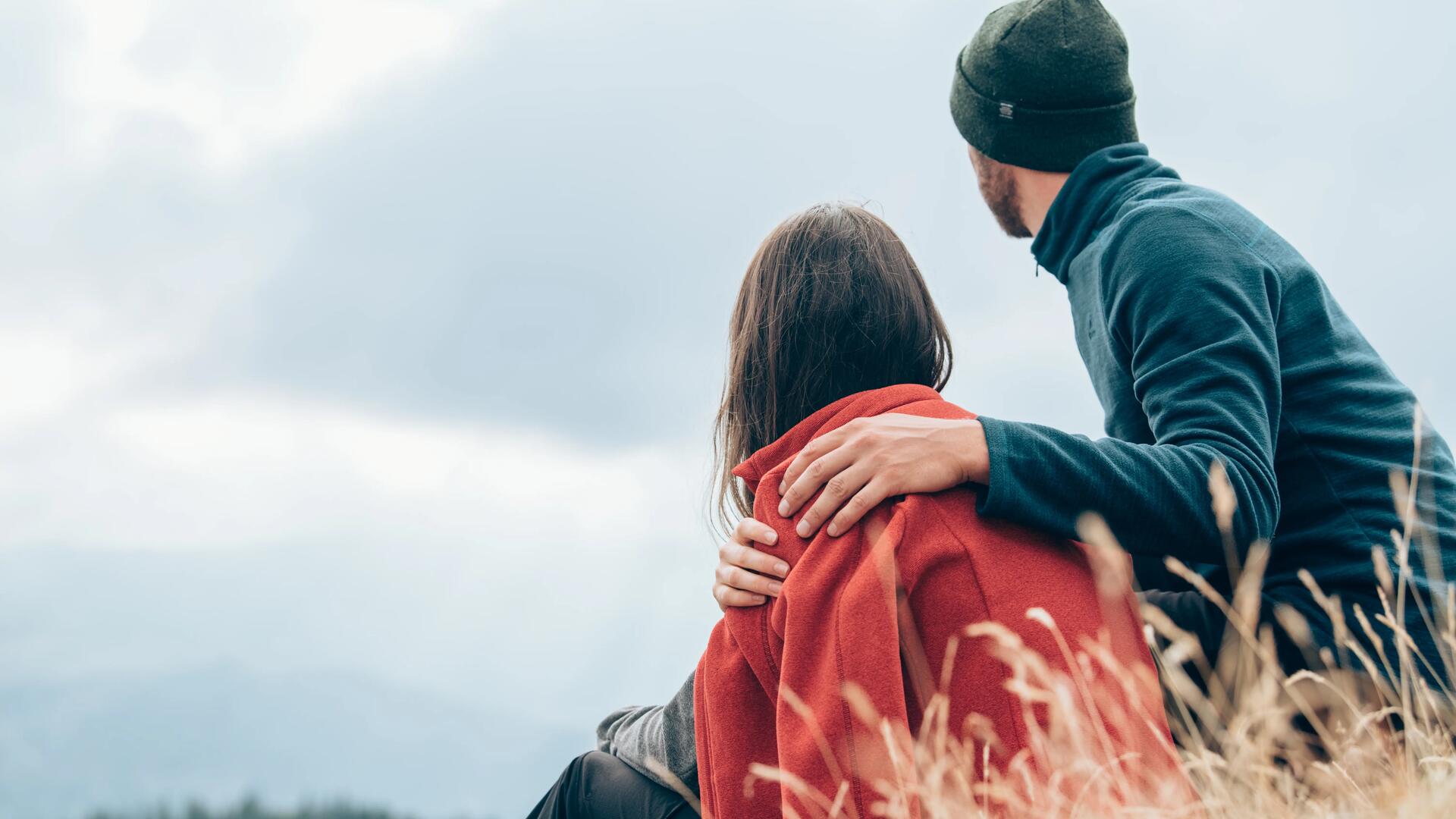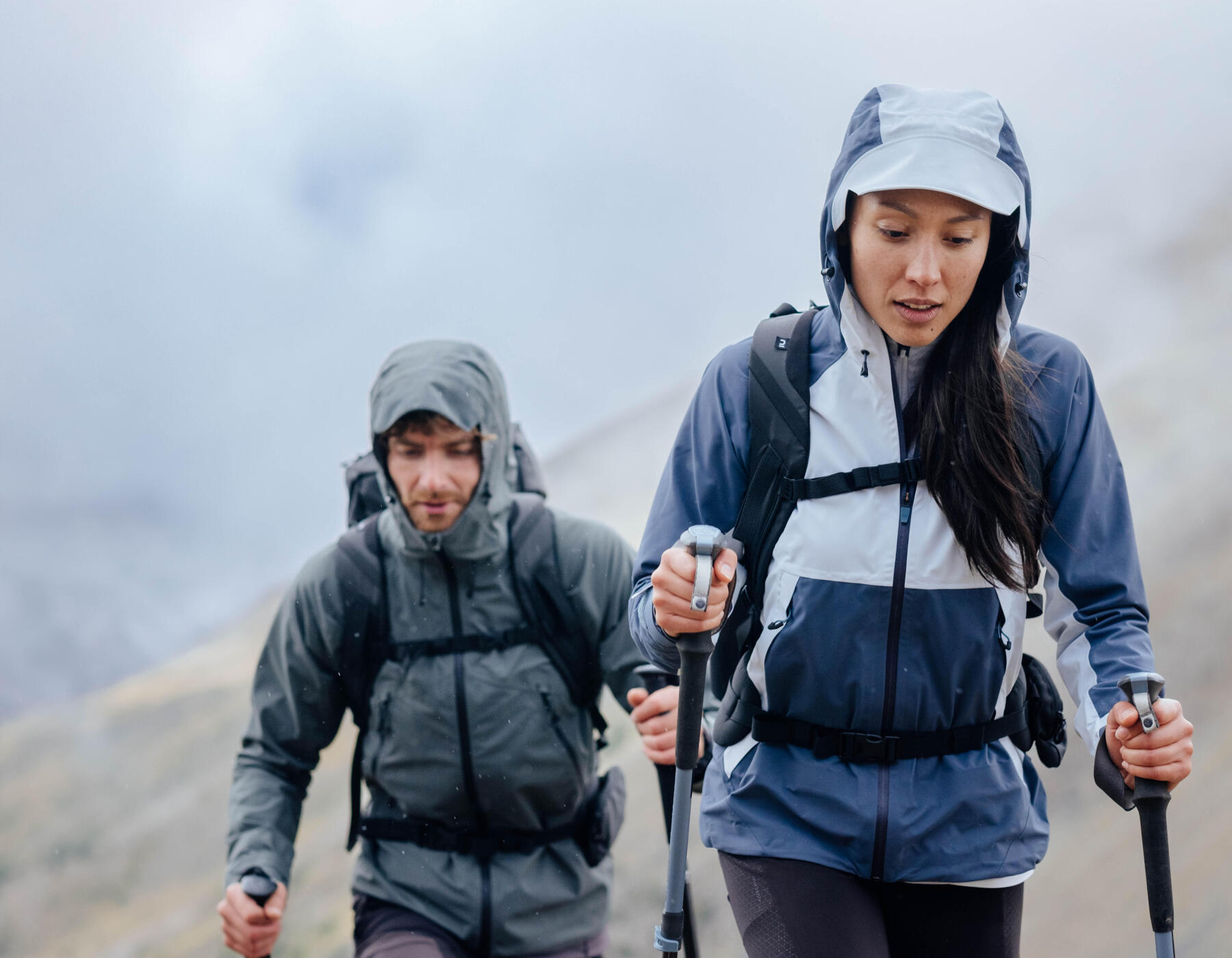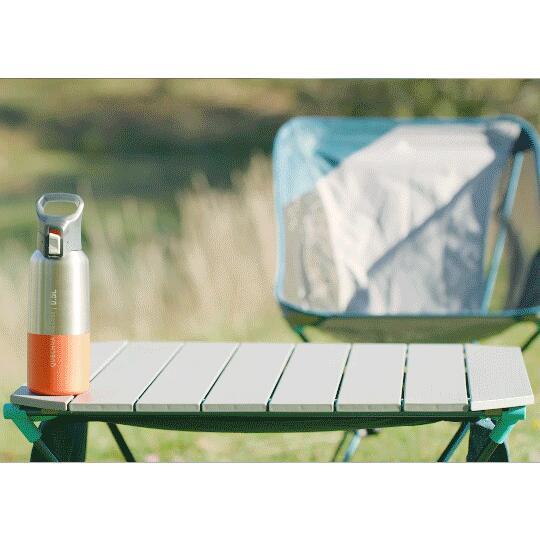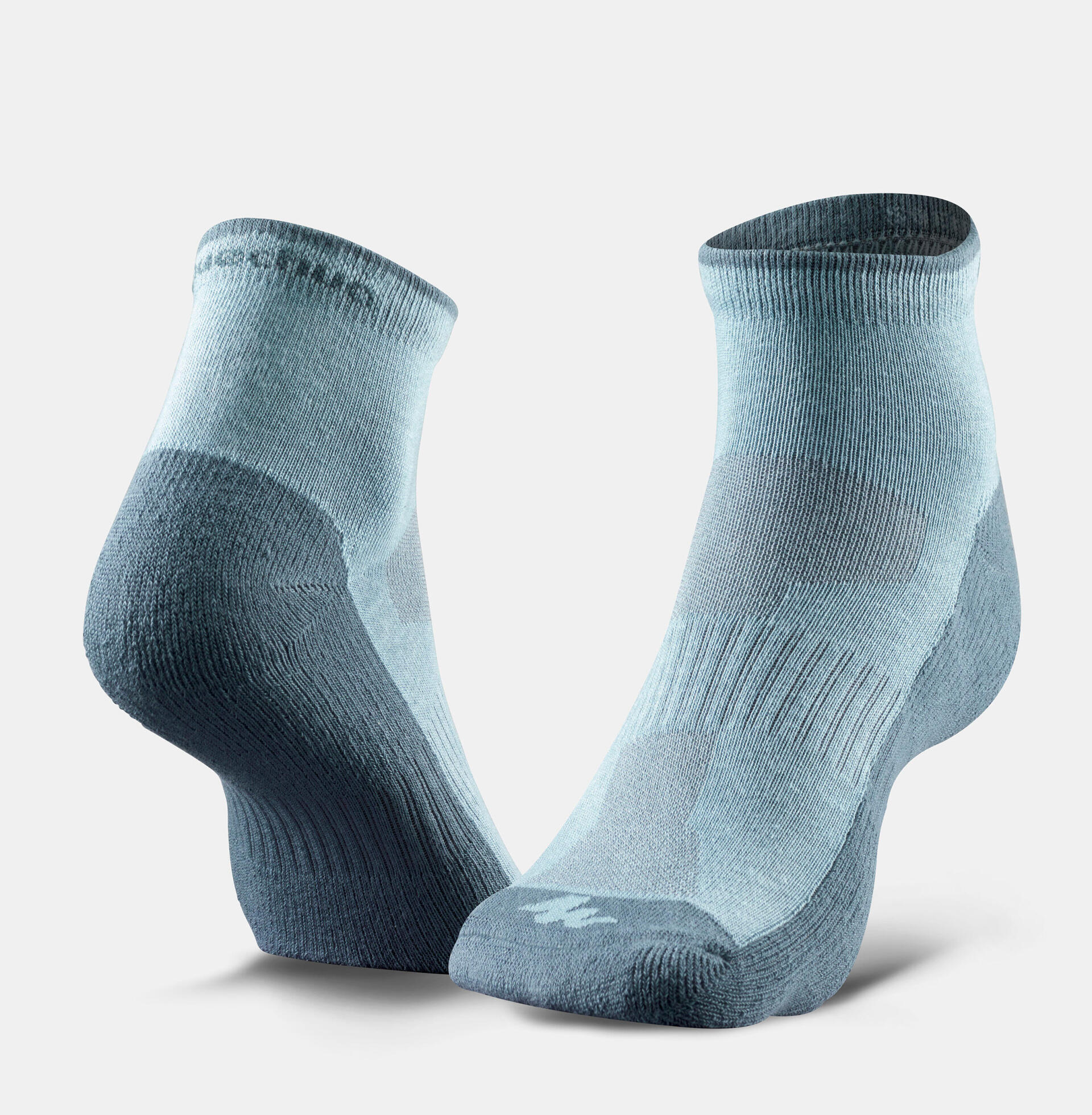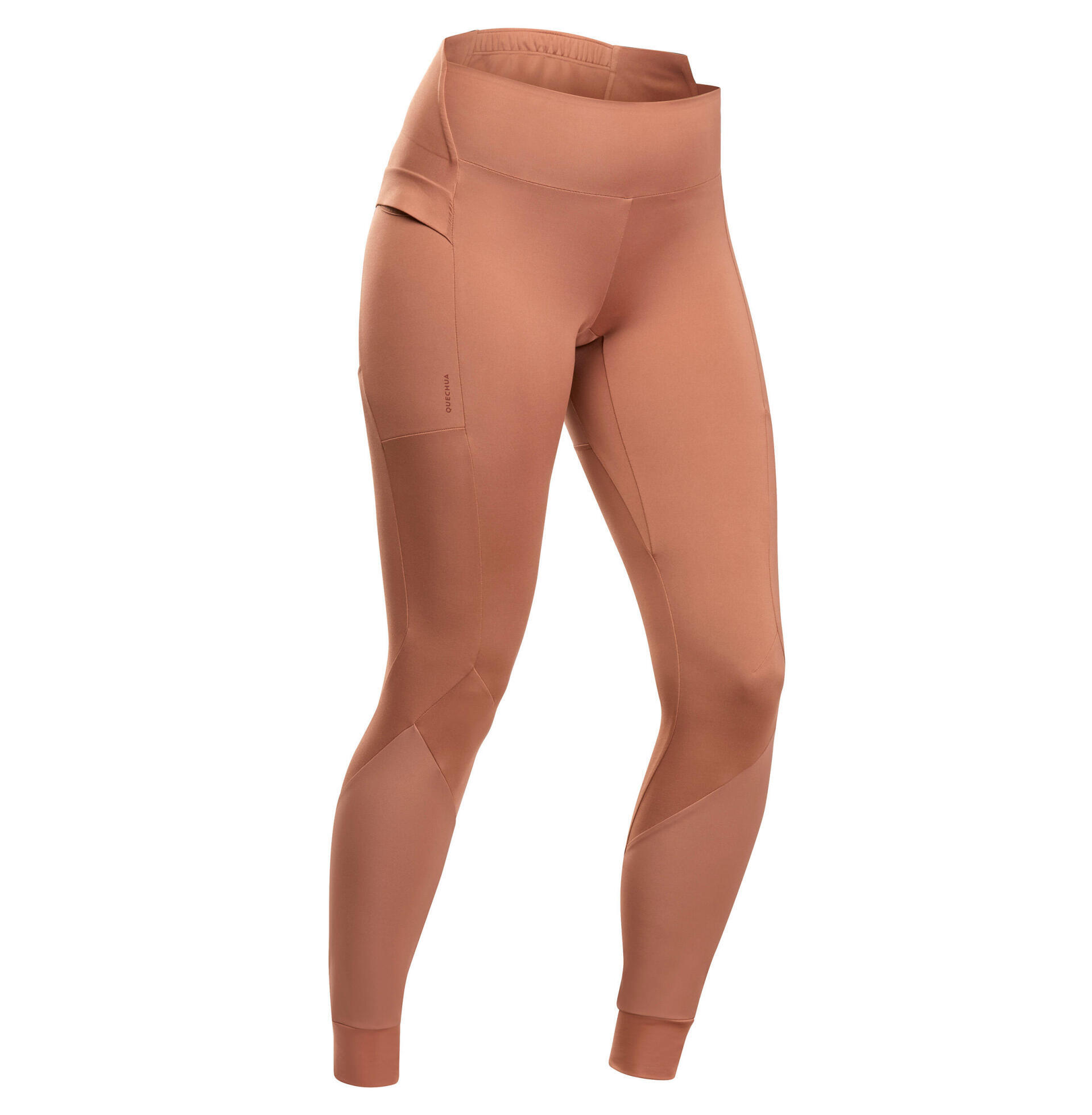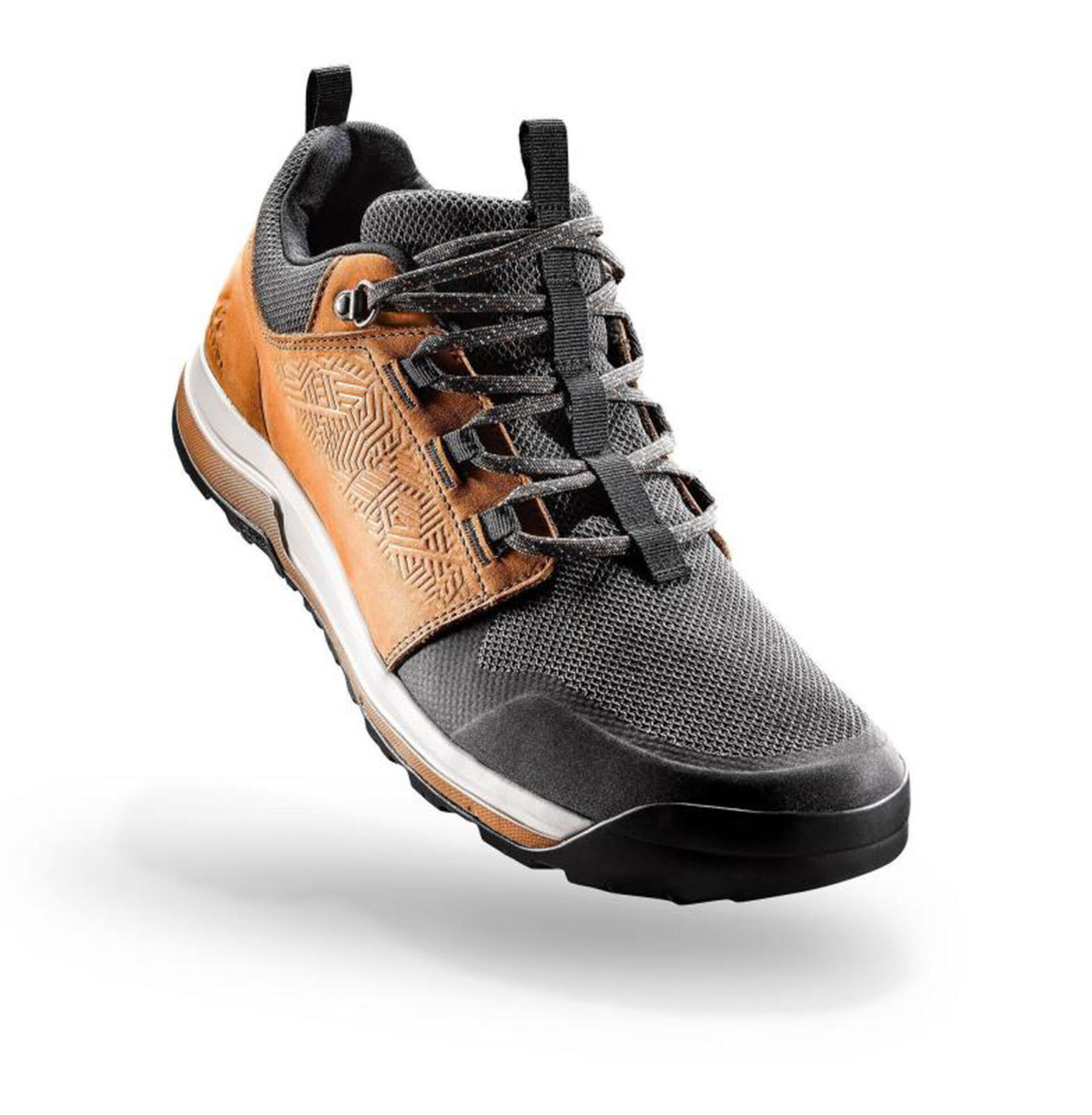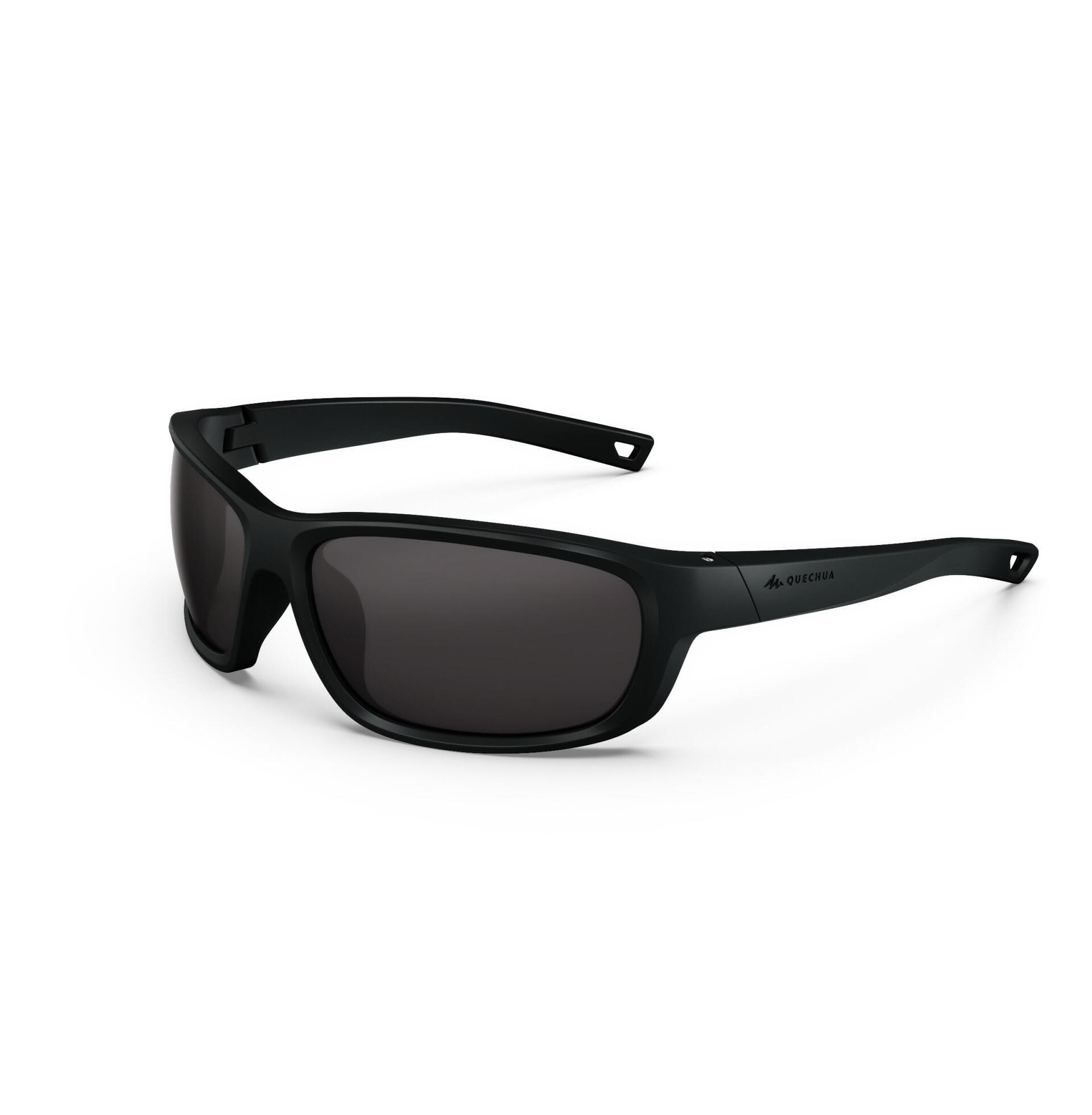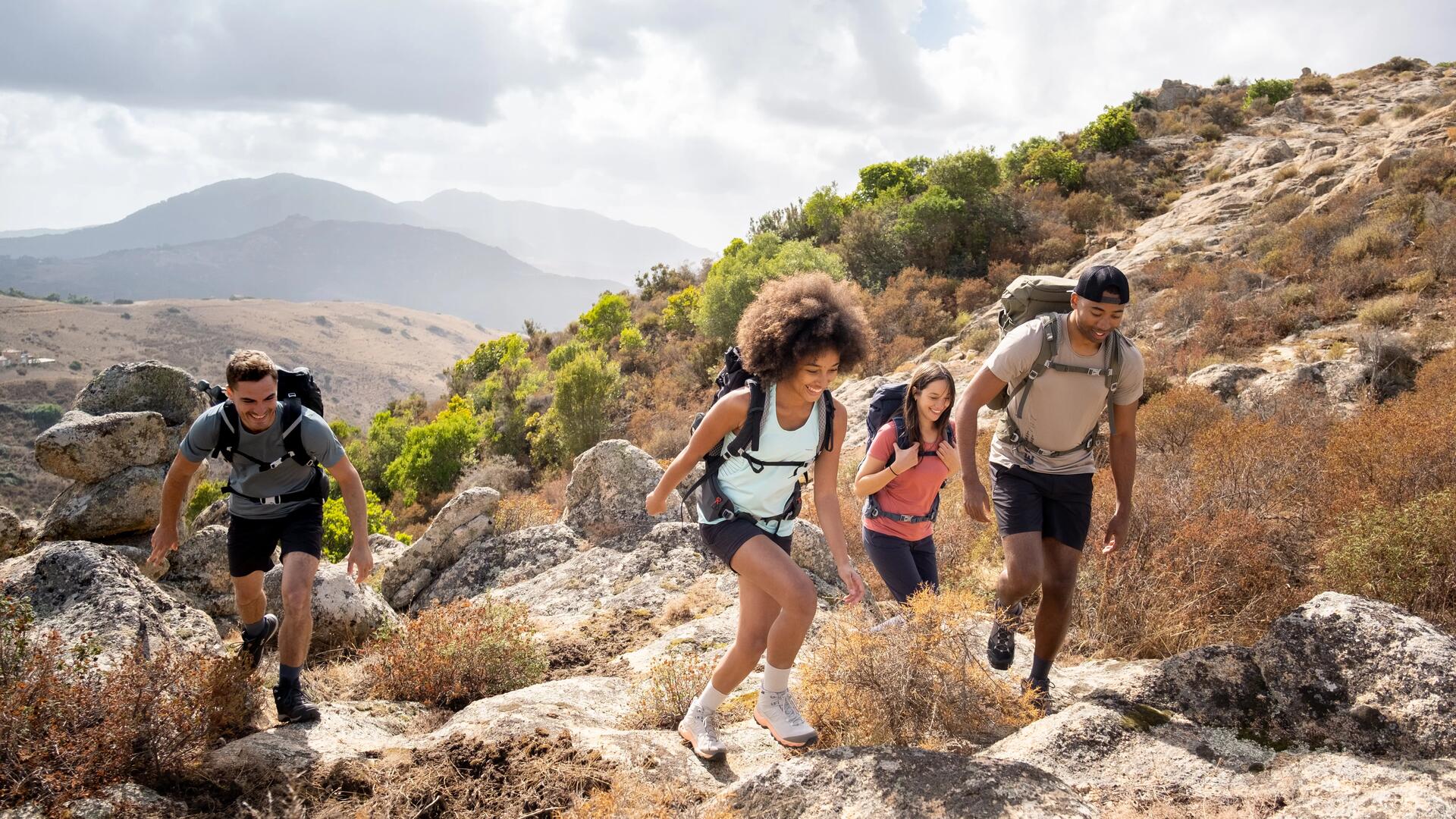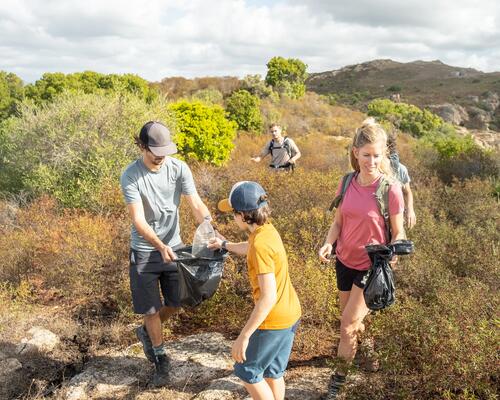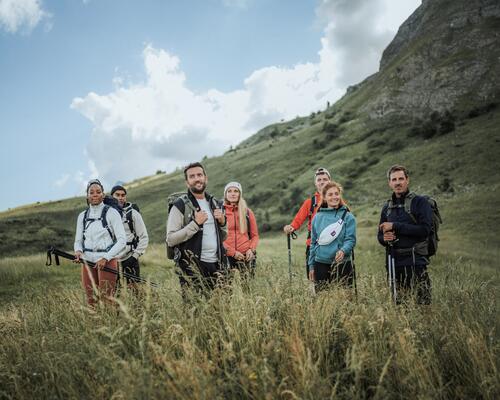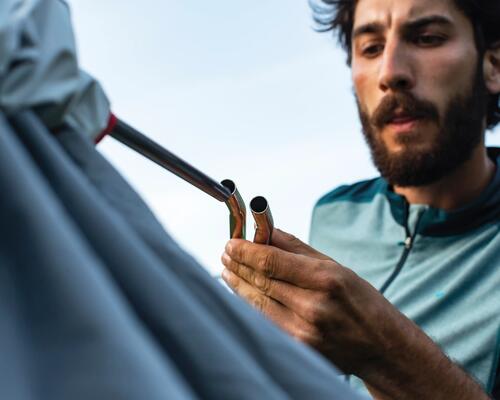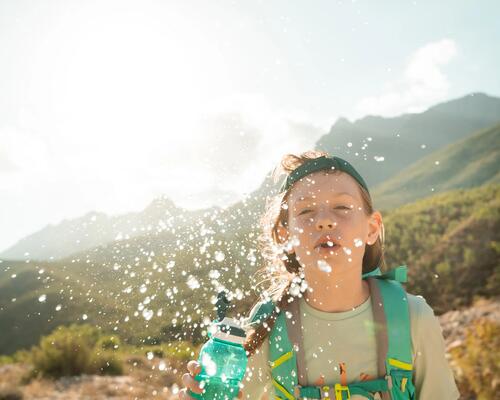A question of impact
What is eco-design? How is it different to classic design?
Well, eco-designing a product means caring about its environmental impact at all stages of its design.
Choosing recycled or biosourced components, manufacturing techniques that use as little energy as possible, avoiding waste at all stages in development, creating products with a long life cycle... Those are all the questions associated with this idea.
Questions we all know well, at Quechua, as eco-design is a subject on which we have been working for a long time. It all started with our fleeces...

